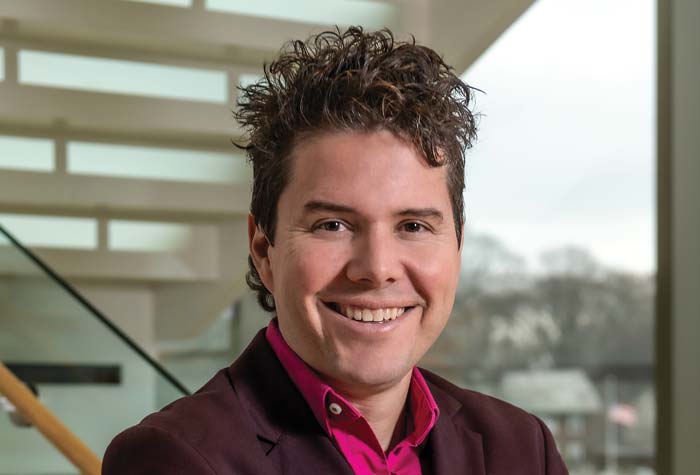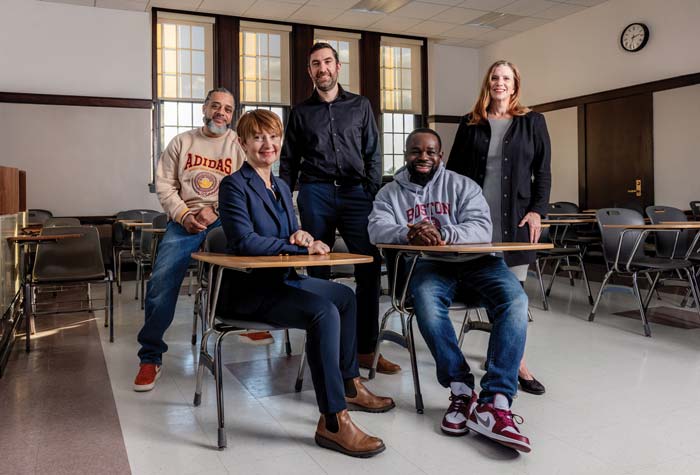With more than fifty-five years as a Boston College faculty member, Carroll School of Management Professor of Business Law and Society David Twomey ’62, JD’68, is one of the University’s longest-serving employees. That, as you can imagine, has made him pretty well-known around campus, but there’s one place where he might be an even more familiar figure: the White House.
Twomey is an accomplished labor negotiator and, over the years, he’s developed a specialty involving the country’s railway system. Labor disputes in the railroad industry are a significant enough threat to the national economy that presidents are empowered to call Presidential Emergency Boards to attempt to resolve them. When President Biden appointed Twomey to be an arbitrator on Presidential Emergency Board No. 250 in 2022, it marked the tenth such selection for Twomey, the most ever. Biden, meanwhile, became the sixth president to appoint Twomey to an emergency board.
Twomey has been an arbitrator since 1974, and has helped to resolve more than two thousand American labor disputes in both the public and private sectors. He has also written thirty-five editions of textbooks on labor, employment, and business law. Drawing upon that experience while serving on Board No. 250, Twomey was able to help successfully forge a deal between the major US railroads and unions representing 115,000 workers.
The agreement was considered a win for the employees and for American unions. For years, however, it would have been reasonable to wonder if the labor movement was a thing of the past. Union membership fell from 20 percent in 1983, the first year with available data, to 10 percent in 2021, according to Business Insider. Last year, however, saw a burst of labor organizing unlike any year in recent memory, with nearly half a million workers across multiple industries walking off the job at one point or another by the end of October. The Wall Street Journal, in fact, named 2023 “the year of the strike.” We sat down with Twomey and asked about this recent spike in labor activity.


 print
print mail
mail



